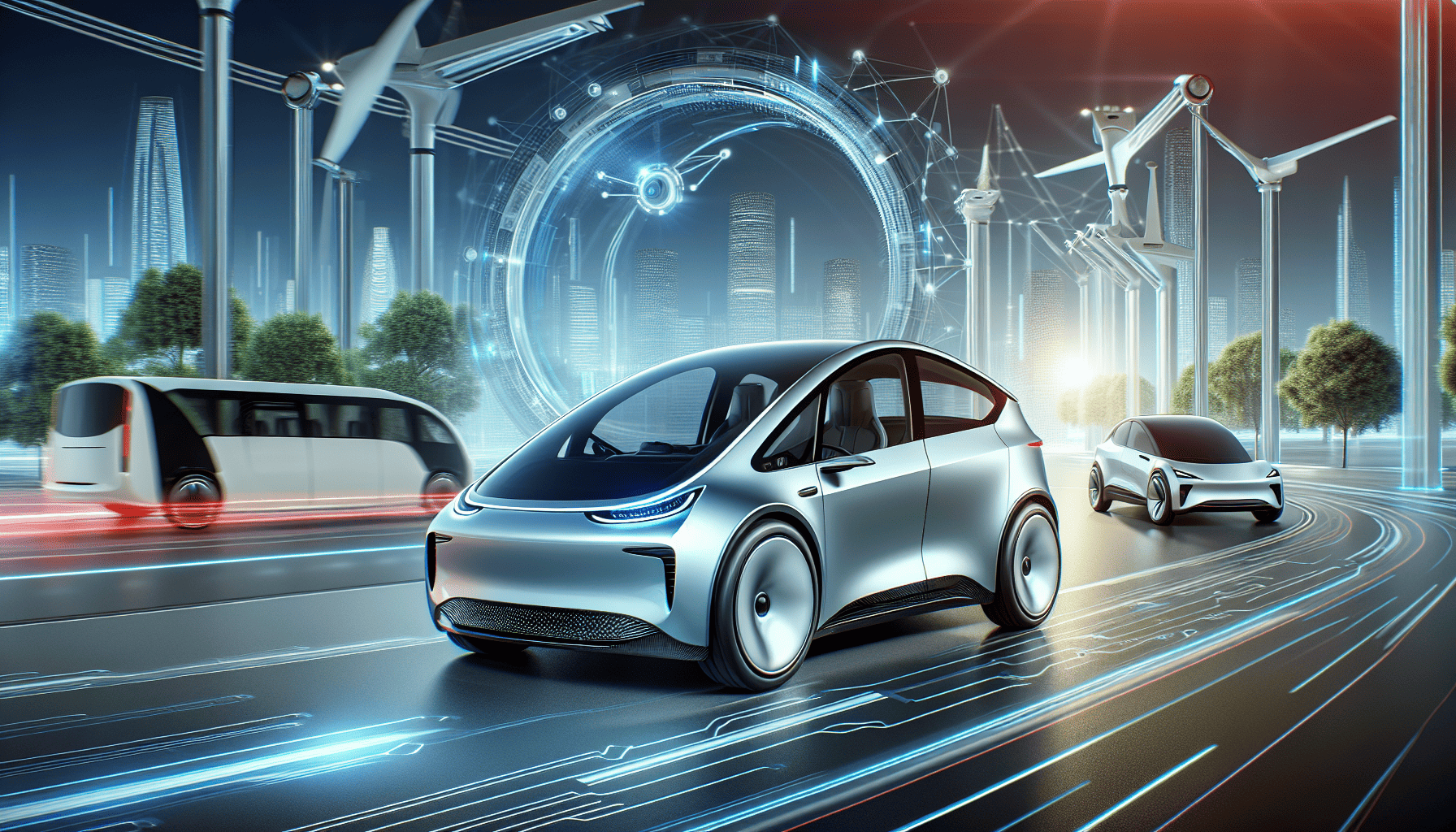In recent years, the world of vehicle technology has evolved at an unprecedented pace, redefining the standards in road transport. From autonomous driving systems to sustainable energy solutions, these advancements are not only making vehicles smarter but also more efficient and environmentally friendly.
One of the most significant breakthroughs in vehicle technology is the development of autonomous vehicles. These self-driving cars are equipped with an array of sensors, cameras, and artificial intelligence systems that enable them to navigate roads with minimal human intervention. Companies like Tesla, Waymo, and numerous automotive giants are leading the charge in this field. The ultimate goal is to create a transportation system that reduces human error, thereby significantly lowering the rate of traffic accidents and congestion.
In addition to autonomy, connectivity is revolutionizing the driving experience. Vehicles are increasingly becoming integrated into the Internet of Things (IoT), allowing for seamless communication between different systems and devices. This integration enables features like real-time traffic updates, remote diagnostics, and enhanced navigation systems. Furthermore, vehicle-to-vehicle (V2V) and vehicle-to-infrastructure (V2I) communication promise to create smart transportation networks that can predict and mitigate traffic problems before they arise.
Another groundbreaking technology that is gaining traction is electrification. As concerns over climate change and air pollution grow, the automotive industry is shifting towards electric vehicles (EVs) as a cleaner alternative to traditional internal combustion engines. Innovations in battery technology, such as solid-state batteries, are extending the range and reducing the charging times of EVs, making them more practical and appealing to consumers. Meanwhile, infrastructure for charging these vehicles is expanding rapidly, laying the groundwork for a more sustainable future.
Hybrid technologies are also playing a crucial role in bridging the gap between conventional fuel-powered vehicles and all-electric models. Plug-in hybrids offer the flexibility of using both electric power and gasoline, providing a transitional solution as the global infrastructure adapts to fully electric transportation.
Moreover, advancements in materials science are contributing to the development of lighter and more durable vehicles. The use of composite materials, carbon-fiber, and aluminum has resulted in vehicles that are not only more fuel-efficient but also safer. These materials help in reducing the overall vehicle weight, enhancing the structural integrity, and ultimately improving the performance of vehicles.
Augmented reality (AR) is another technology that is making its way into modern vehicles. Head-up displays with AR capabilities project important information such as speed, navigation, and hazard warnings directly onto the windshield. This increases situational awareness and ensures that drivers can access crucial data without taking their eyes off the road.
In summary, the latest advancements in vehicle technology are setting new standards in road transport. From the rise of autonomous and connected vehicles to the transition toward electric and hybrid models, the future of transportation is being shaped by innovations that promise to make travel safer, more efficient, and environmentally sustainable. As these technologies continue to evolve, they hold the potential to transform not only how we drive but how we live, paving the way for a more connected and greener world.
